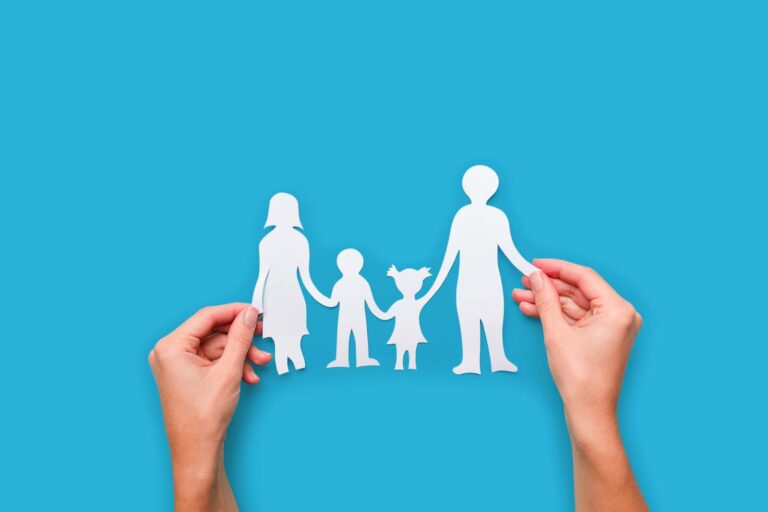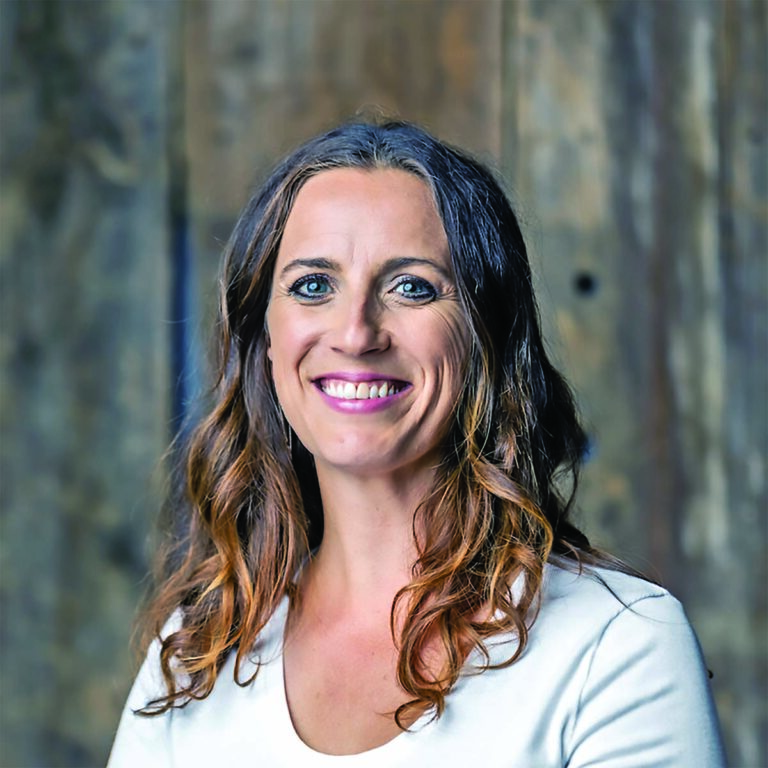“Alex! Alex, hurry! Your brother… he’s dead!”
I still remember that day vividly — the shock of the news, the screams from my mom and grandmother and the confusion that followed. Dad was out of town, and my sister had to break the news to him over the phone. I recall Dad coming home, embracing my family, struggling with the weight of our grief. I remember the overwhelming loss and disbelief when my big brother was suddenly gone.
The days after were a blur. I was heartbroken, but I was also angry. I couldn’t understand why. He was my best friend. But it wasn’t just my grief that weighed on me. It was the silence.
The pain of losing someone to suicide is not just in their absence—it’s in the silence that follows. For years, I lived in that silence. After my brother’s death, I never spoke about how he died. I said, “He passed away,” and left it at that. Sometimes, I even told people he died in a car crash. Anything to avoid the truth: My brother died by suicide.
I didn’t know why I hid the truth. Maybe it was because I feared the uncomfortable looks and awkward silence when people didn’t know what to say. Maybe it was the stigma I couldn’t bear, even though I knew it wasn’t my fault. But whatever the reason, that silence only made my grief lonelier.
In the beginning, I felt I couldn’t talk to anyone. My parents were mourning the loss of their son, my grandmother could barely get out of bed, my sister and other brother shut down completely. Sharing our grief felt like too much to ask. I felt so alone. The guilt crept in: Was there something I could have said or done to save him?
But in time, something shifted. My family realized that if we didn’t lean on each other, we’d fall apart. Slowly, we started talking again, sharing memories and showing up for each other. We stumbled, we cried and we struggled to find our way forward. But we kept trying.
In public health, we see this silence every day — in our own and others’ private pain, but also in the data.
Suicide continues to be one of the leading causes of death in Colorado. Since 2008, our state has ranked sixth in the nation for year-over-year population growth — yet Colorado still has one of the highest suicide rates in the country. In Jefferson County, suicide is the second leading cause of death for people ages 15 to 44.
In 2023, 1,290 people in Colorado died by suicide — including 107 from Jefferson County. Suicide knows no gender; however, it is more common in men. Most of those who died were men between the ages of 25 and 64. The next highest rates were among older men, followed by young men and teen boys.
These aren’t just numbers. They represent real people — lives, families and communities forever changed.
Suicide is a critical issue that demands immediate attention, resources and action. This means not only improving access to mental health services but also fostering a culture where people feel valued and supported throughout their lives.
The truth is the silence around suicide keeps stigma alive. It makes it harder for people who have lost someone to suicide to reach out for help or connect with others who understand. It also makes it harder for someone struggling with thoughts of suicide to talk about what they’re going through to get the support they need. When families and friends openly talk about suicide, it leads to better support, more accurate prevention efforts and a more informed, compassionate approach to mental health.
I wish I had spoken up sooner. I wish I had known that grief doesn’t have to be hidden. We need to create spaces where we can talk openly about suicide and loss, without feeling ashamed or afraid. Healing comes from honesty, connection and compassion.
My brother was 29 when he died. He was so young, but his story didn’t end the day he died. He lives on whenever I speak about him, and the same is true for the hundreds of others lost to suicide each year. His death is a heartbreaking reminder that suicide isn’t just a personal tragedy—it’s an issue all too many of us face. It affects all of us.
If you or someone you know is struggling, call or text 988 for 24/7 support from Colorado Crisis Services. Visit Jefferson Center’s website for more information and resources. You are valued and we want you here.






